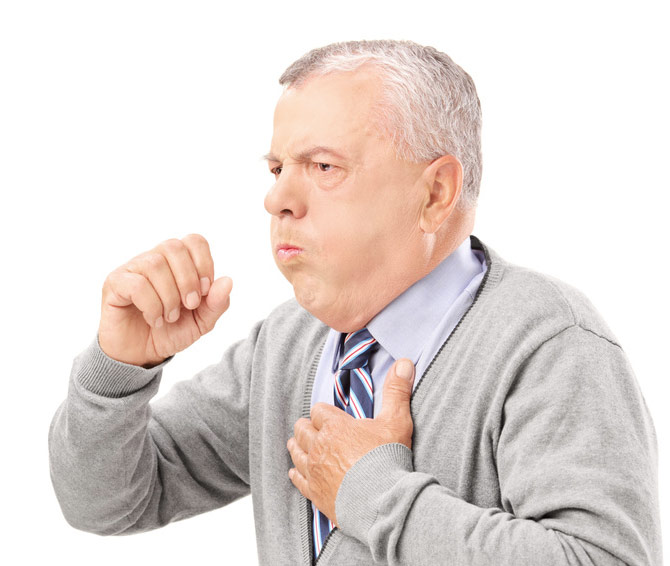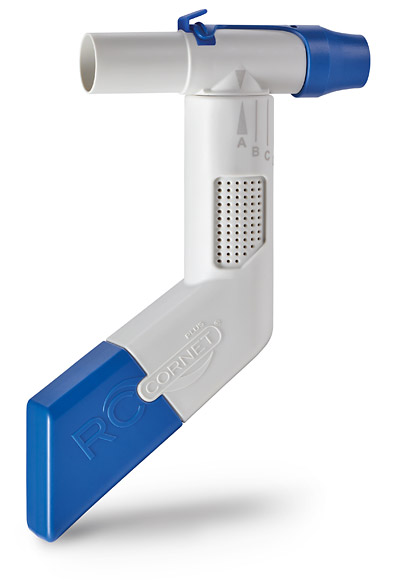Smoker’s cough – Symptoms, causes, treatment, therapy
Smoker’s cough: Causes and course of treatment
Cigarette smoke is poison to the delicate structures of the human lungs. The bronchi attempt to protect themselves from infiltrating pollutants by increasing mucus production. The cilia are responsible for removing the mucus from the bronchi. Since the cilia are damaged by long-term smoking, however, distressing fits of productive coughing occur especially in the morning.

Smoker’s cough: Symptoms
Unfortunately, because the symptoms develop gradually, the magnitude is often only recognised when it is very late. Initially, affected persons cough only when performing very strenuous activities. The more that the cleansing mechanism of the respiratory tract is impaired, the more it is necessary to cough in order to loosen the viscous phlegm. Shortness of breath mostly appears relatively late in the progression of the disease, and is often long ignored.
These symptoms should not be underestimated. If left untreated, or in the case of continuous tobacco consumption, the lungs are often damaged beyond repair. The first signs of chronic pulmonary disease are chronic coughing, shortness of breath, and whistling or rattling noises when exhaling. If you observe these symptoms, you should consult with your family doctor immediately, who will take you through the next steps.
Smoker’s cough: Therapy
If the above-described symptoms appear, affected persons should undergo a lung function test conducted by a pulmonologist.
Aside from possibly required medications, other treatment options will be helpful:
- Successful therapy will involve smoking cessation – you will need to become a non-smoker!
- In the case of smokers who are 40 years of age and older, regular lung function tests are fundamentally recommended in order to ascertain lung capacity and/or possible damage. With a digital lung function test such as the RC-Test COPD, affected persons can measure whether and how severely the bronchi are narrowed.
- The physiotherapeutic treatment using special pep therapy devices such as the RC-Cornet® – or its further development, the RC-Cornet® PLUS – loosen the phlegm and help with expectoration.
Subscribe to our
BREATHE EASY Newsletter
Tips and information on healthy airways!
- for all who wish to breathe better
- free of charge and convenient e-mails
- compact newsletter once a month
For all those who deal with pneumological topics related to the respiratory tract in a professional context, please find here the subscription to the CEGLA FACHNEWSLETTER.

